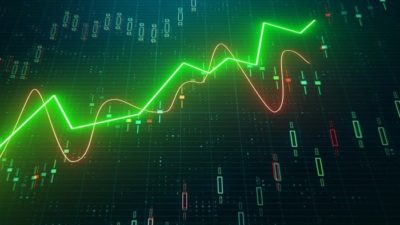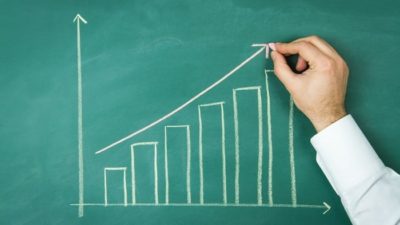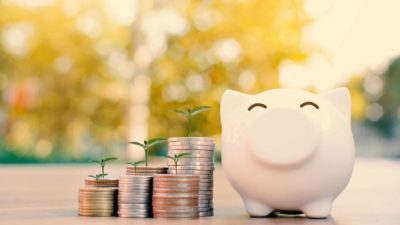Unicorns are pretty impressive, and retail investors can get envious of being able to buy into them easily.
The definition of a unicorn is a private company that's reached a valuation of US$1 billion ($1.37 billion). It's an arbitrary threshold that indicates startup success.
Usually by then the founders and early investors will have become pretty wealthy.
But research firm CB Insights this week posted a graph that shows shareholders of publicly listed companies need not worry about missing out.
Every unicorn COMBINED is worth less than Apple, Amazon or Microsoft https://t.co/MVuiaqHdhU
(poll question follows) pic.twitter.com/Z9DUkEQSUc
CB Insights (@CBinsights) September 15, 2020
The chart showed how all 488 unicorns in the world add up to a total value of US$1.54 trillion.
But just Apple Inc (NASDAQ: AAPL) by itself is worth $500 billion more – sitting at US$2.07 trillion.
Amazon.com Inc (NASDAQ: AMZN) and Microsoft Corporation (NASDAQ: MSFT), at US$1.65 trillion each, also outsize the entire cohort of unicorns on the globe.
It shows how tiny unicorns are compared to the vast pool of public companies out there for retail investors to put their money in.
How to emulate unicorn investment
And although not always true, once unicorns reach such a size, many will consider listing.
In the US, Airbnb and Palantir are startups that contributed to the very formation of the term "unicorn". But they have announced their intentions to go public in the coming months.
In Australia, retail investors often don't even have to wait until startups become unicorns. Limited private capital means emerging companies will take their chances at an initial public offering (IPO) well before they're a billion-dollar company.
Xero Limited (ASX: XRO) was established in 2006, but went public on the New Zealand Exchange just one year afterwards.
It started on the ASX in 2012 for $4.65 per share, and is now solely listed there at $90.90. That's better than a 19-fold increase in just 8 years.
Afterpay Ltd (ASX: APT) started trading on the ASX in 2017 for $2.95 per share. Even after a correction this month it's now at $75.01 – more than 2400% surge in 3 years.
Both these market darlings have been as good as investing in any emerging private company.









